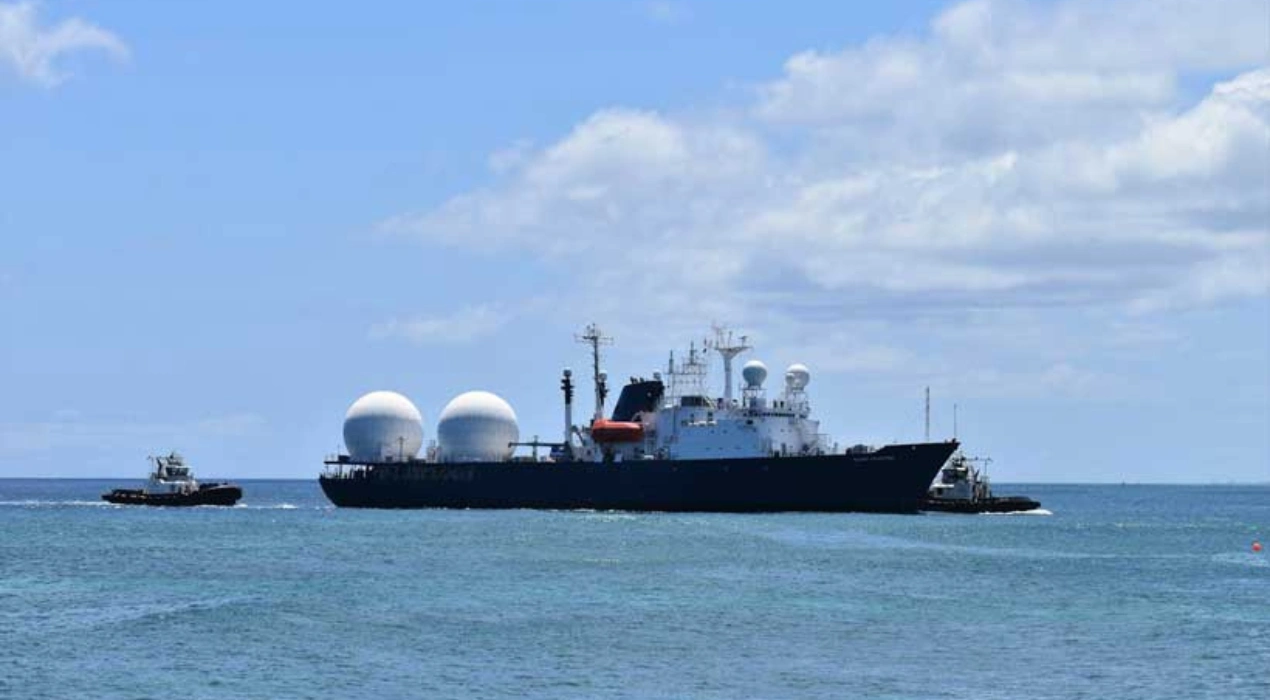Europe (Parliament Politics Magazine) – The European Commission is weighing a ban on Russian LNG imports as part of new sanctions against Moscow over its ongoing invasion of Ukraine.
Ursula von der Leyen, the president of the European Commission, and Donald Trump, the president of the United States, have called on European countries to take more aggressive measures against Russia.
Trump has also demanded taxes on China and India, two of Russia’s biggest consumers of fossil resources, and an end to all European purchases of Russian oil.
By January 1, 2028, the EU intends to phase out Russian gas and oil imports, and short-term contracts will be prohibited beginning the next year.
It is anticipated that member states will shortly be presented with the EU’s 19th sanctions package since the start of the war.
The EU had earlier this year chosen to prohibit Russian LNG transshipments at EU ports rather than impose sanctions on LNG imports.
Presently about 19% of Europe’s gas comes from Russia, down from approximately 45% in 2022. Currently the only pipeline transferring Russian gas to Europe is the TurkStream.
What are the economic impacts of banning Russian LNG?
The EU’s prohibition on Russian LNG would constrain supply, which could increase wholesale gas prices in Europe, leading resultantly, to energy bill increases for businesses and consumers.
Europe would need to invest heavily to secure alternatives to LNG imports (from the US, Qatar, etc.), upgrading infrastructure, and ensuring renewable energy sources while lost Russian supply is replaced, which would increase short-to-medium term costs.
Higher energy costs could impact energy-using industries and manufacturing, increasing costs to produce products and its competitiveness.
Over the longer term, if people have less reliance on Russian gas, it would strengthen EU energy security and reduce other political risks.


